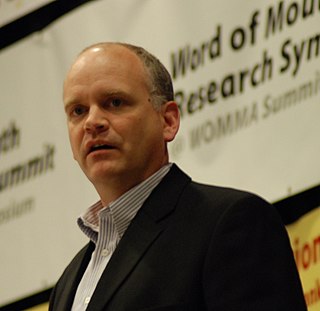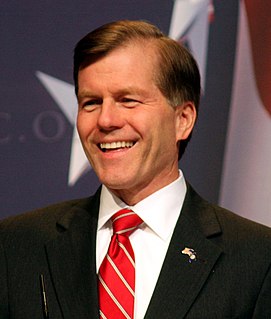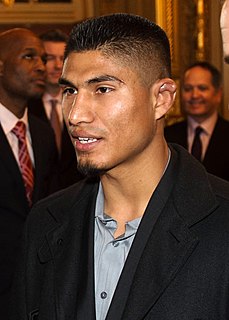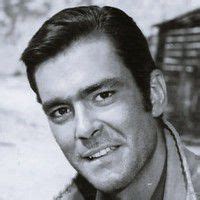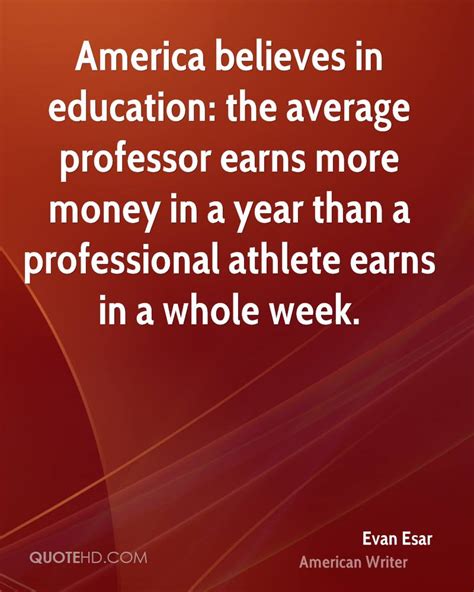A Quote by Ron Fournier
Close elections tend to break toward the challenger because undecided voters - having held out so long against the incumbent - are by nature looking for change.
Related Quotes
I have a blue 2010 Dodge Challenger SRT, the first car I ever bought. I didn't want it to just be a regular Challenger. I wanted it to be different. So I sent it out to Richard Petty's garage in North Carolina, completely tricked it out - a one-of-a-kind built for me and we changed the name of it from 'Challenger' to 'Champion.'
We still talk in terms of conquest. We still haven't become mature enough to think of ourselves as only a tiny part of a vast and incredible universe. Man's attitude toward nature is today critically important simply because we have now acquired a fateful power to alter and destroy nature. But man is a part of nature, and his war against nature is inevitably a war against himself.
